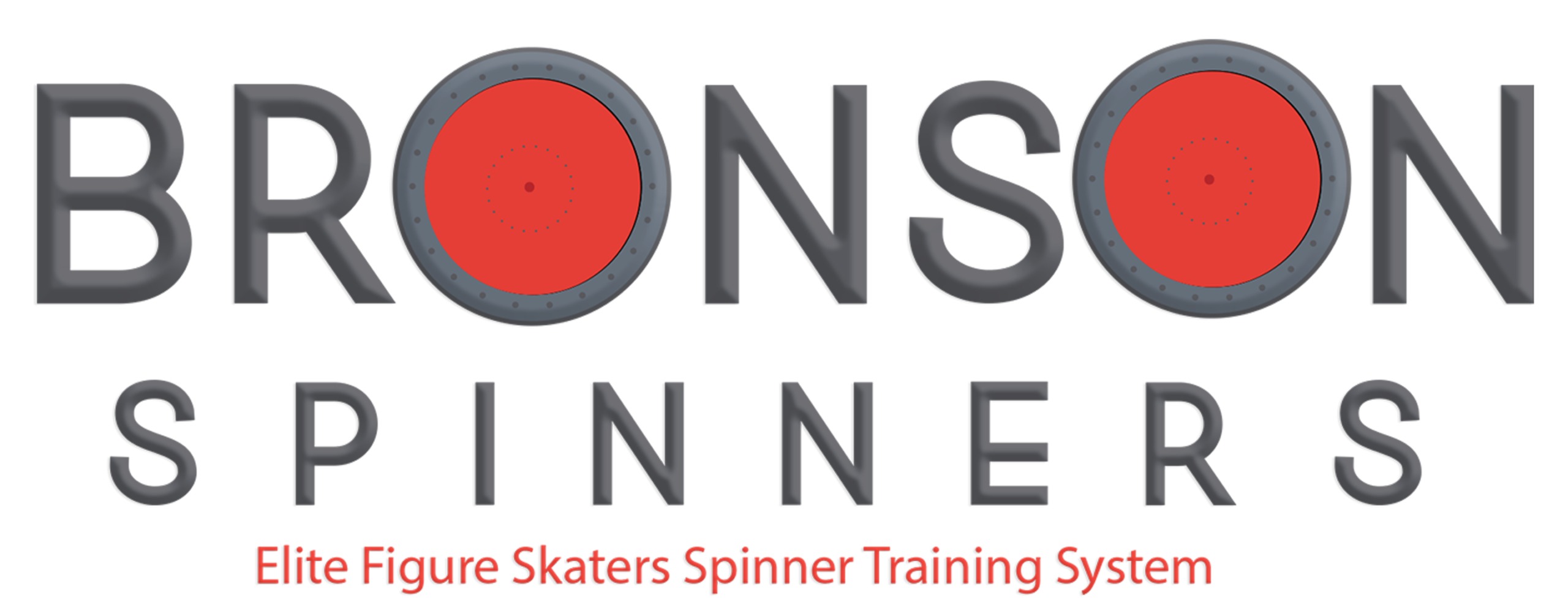Off-ice training is an essential part of a figure skater’s training routine. While practicing on the ice is crucial for improving skating skills and techniques, off-ice training can help skaters develop the strength, power, and flexibility needed to excel in their sport. Here are some of the reasons why off-ice training is so important for figure skaters.
First and foremost, off-ice training helps skaters develop the strength and power needed to perform complex tricks and stunts on the ice. Figure skating requires a high level of physical strength and power, and skaters need to be able to execute jumps, spins, and other tricks with ease. Off-ice training, such as weight lifting and plyometrics, can help skaters build the strength and power needed to perform at their best on the ice.
In addition to helping skaters develop strength and power, off-ice training can also improve their flexibility and range of motion. Figure skating requires a high level of flexibility, as skaters need to be able to move their bodies into a variety of positions and contortions. Off-ice training, such as stretching and yoga, can help skaters improve their flexibility and range of motion, leading to smoother and more graceful movements on the ice.
Another benefit of off-ice training for figure skaters is the improvement of cardiovascular endurance. Figure skating is a physically demanding sport, and skaters need to have the endurance to perform multiple tricks and stunts in a row without becoming tired or losing control. Off-ice training, such as cardio workouts and interval training, can help skaters build their cardiovascular endurance, allowing them to perform longer and more complex routines on the ice.
Off-ice training can also help skaters reduce their risk of injury. Skating puts a lot of strain on the body, and skaters who are not physically prepared can be more prone to falls and accidents. Off-ice training helps skaters build strength and improve flexibility, reducing their risk of injury and keeping them healthy while performing.
Finally, off-ice training can be a fun and enjoyable way for skaters to mix up their training routine and stay motivated. While practicing on the ice is important, it can become monotonous and can lead to burnout. Off-ice training offers a change of scenery and allows skaters to try new activities and exercises, keeping their training fresh and enjoyable.
In conclusion, off-ice training is an essential part of a figure skater’s training routine. It helps skaters develop the strength, power, flexibility, and endurance needed to excel in their sport, and it can also help reduce the risk of injury. Off-ice training can be a fun and enjoyable way for skaters to mix up their training routine and stay motivated.

Add Comment